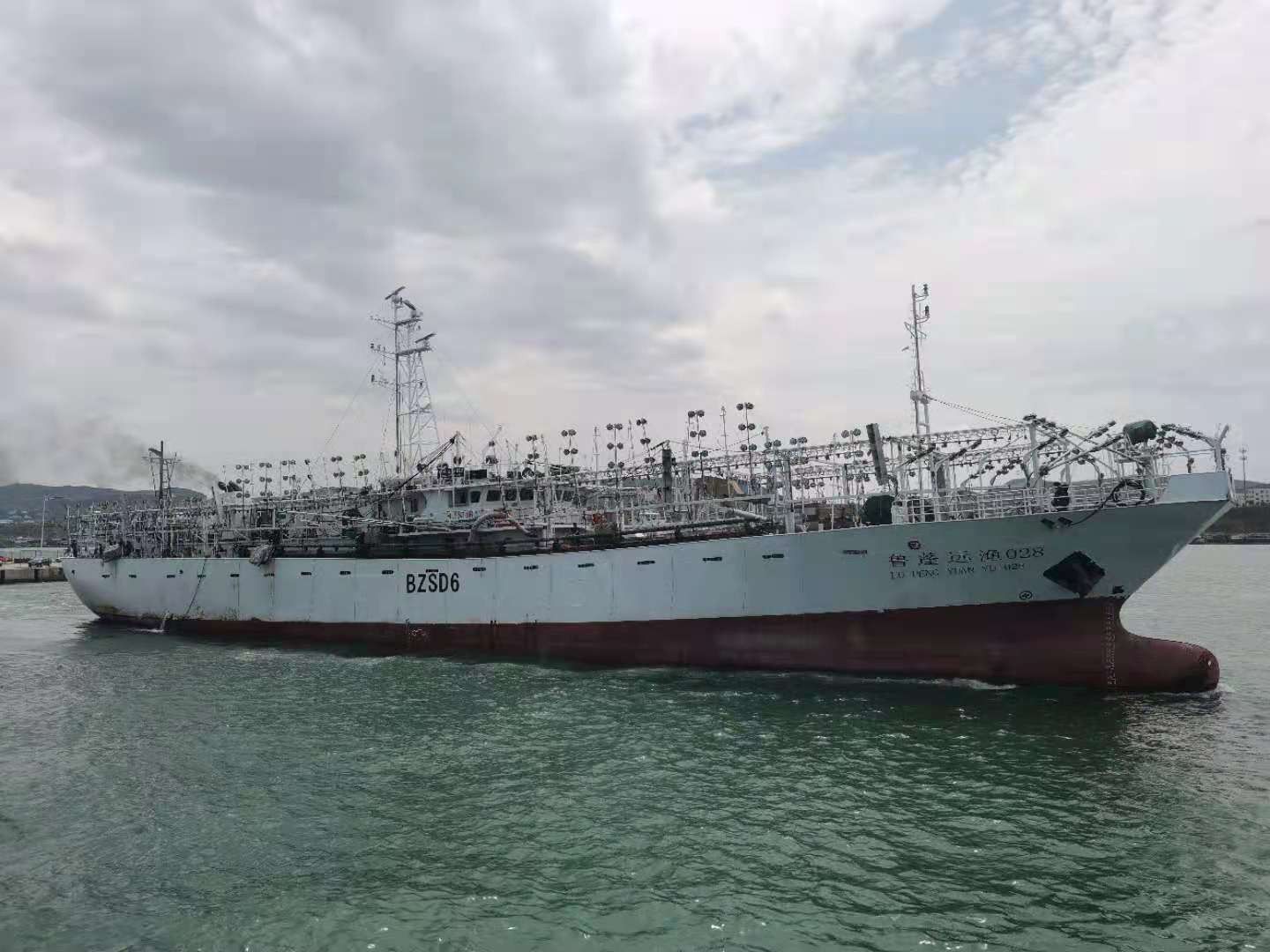This photo shows Lu Peng Yuan Yu 028. North Pacific Fisheries Commission website
BEIJING, China — There were no survivors after a fishing vessel carrying 39 crew members from China, Indonesia and the Philippines capsized last week in the Indian Ocean, according to an initial government probe released on Tuesday.
The Chinese vessel overturned on May 16, with 17 Chinese, 17 Indonesians and five Filipinos on board.
The boat capsized within Australia’s vast search-and-rescue region, 5,000 kilometres (2,700 nautical miles) to the west of Perth, the state capital of Western Australia.
Chinese state media reported on Monday that seven bodies had been found by Chinese and Sri Lankan rescue vessels, without specifying the nationalities of the dead.
Australia had sent three aeroplanes and four ships to help in the international search-and-rescue efforts.
The rescue operation has been downgraded to a “48-hour small-scale investigation” as of Tuesday morning, the Chinese transport ministry said.
Rescuers had trawled an area of around 64,000 square kilometres (18,700 square nautical miles), and “did not find any sign of survivors”, according to the ministry.
Rough weather
The fishing vessel’s distress beacon was first detected last week as Cyclone Fabian drove waves as high as seven metres (23 feet) and winds as strong as 120 kilometres per hour (75 miles per hour) through the area.
Rough weather conditions held back rescue efforts, with the Joint Rescue Coordination Centre (JRCC) in Canberra warning of “challenging” survival conditions.
The Chinese transport ministry said rescue boats had sounded their horns for one minute of mourning in the early hours of Tuesday, with only seven vessels remaining on the scene by noon.
“The shipwreck’s condition shows no obvious change from the previous day, and is gradually drifting northeast,” the ministry said.
The capsized vessel was owned by Penglai Jinglu Fishery Company, one of China’s major state-run fishing firms.
It was authorised to fish for neon flying squid and Pacific saury, according to the North Pacific Fisheries Commission.
It left Cape Town in South Africa on May 5 for Busan in South Korea, according to the MarineTraffic tracking website, which last located the vessel on May 10 southeast of Reunion, a tiny French island in the Indian Ocean.
Penglai Jinglu Fishery also runs squid and tuna fishing operations in international waters, including the Indian Ocean and seas surrounding Latin America.


Leave A Comment